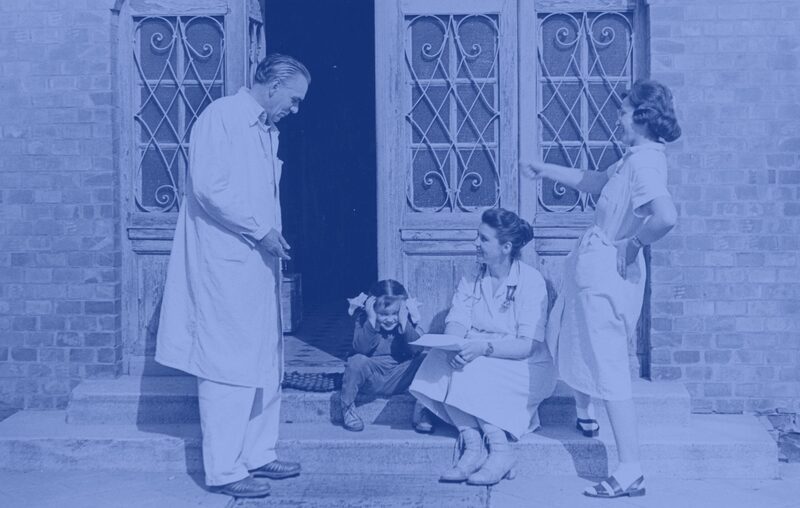Expertise in medicine and the human sciences during the 20th century in Europe and beyond
 16. 5. 2024 – 18. 5. 2024
16. 5. 2024 – 18. 5. 2024
 Vila Lanna, V Sadech 1/1, 160 00 Prague 6 – Bubeneč
Vila Lanna, V Sadech 1/1, 160 00 Prague 6 – Bubeneč 
The conference Expertise in medicine and the human sciences during the 20th century in Europe and beyond will take place from 16 to 18 May 2024 at Vila Lanna. It is organized by the ExpertTurn team, “Expertise in authoritarian societies. Human sciences in the socialist countries of East-Central Europe,” funded by the Czech Science Foundation EXPRO-Excellence in Basic Research and based at the Institute of History of the Czech Academy of Sciences.
Expertise shapes modern societies, and the issues of health and normalcy form their core. That is why analyzing the disciplines of medicine and the human sciences – such as psychology, sociology, demography, and pedagogy – is helpful in understanding how modern societies function and change. There has been increasing interest in socialist expertise in recent years, and our research project, ExpertTurn, is part of that growing scholarly community. We focus on the human science expertise in East-Central Europe from comparative and transnational perspectives. We want to broaden our scope spatially and temporally during our conference.
We are interested in papers focusing on:
- Expert-to-expert exchanges. How did various forms of expertise communicate with each other? How did experts form alliances or create new (sub)disciplines? How did the topics they studied change in the process? How did experts communicate across the borders of nations and disciplines?
- Expert-to-state exchanges. How did experts communicate with the state? How did expertise forge new policies? How did the position of experts vis-a-vis the state change over time? How did expertise travel between national and supranational levels? How were scientific and policy bodies, such as the United Nations and international professional organizations, involved in creating new expertise? How else did knowledge circulate?
- Expert-to-people exchanges. How did expertise inform the everyday practices of people? How did forms of communication evolve? How did people pass their ideas on to experts? Under what circumstances could “lay” people become experts? What roles did non-governmental, grassroots, and unofficial spheres play in creating or changing expertise?
- Knowledge from the margins: of disciplines, of a given country, of Europe and beyond
- Gender, class, and race in expertise
We encourage doctoral students and early career researchers to apply. We can offer some support by providing accommodation during the conference. Coffee and snacks during breaks and vegetarian and vegan lunches will be provided for all. We do not charge any conference fee.
If you have any questions, write to Expertturnconference@gmail.com.
More about the ExpertTurn project and the conference HERE.
 16. 5. 2024 – 18. 5. 2024
16. 5. 2024 – 18. 5. 2024
 Vila Lanna, V Sadech 1/1, 160 00 Prague 6 – Bubeneč
Vila Lanna, V Sadech 1/1, 160 00 Prague 6 – Bubeneč 

